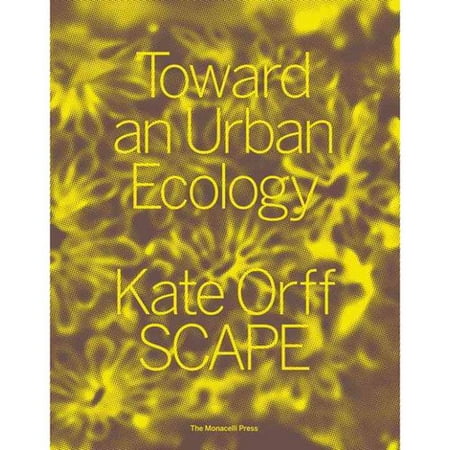Wednesday, March 8, 10:00 am – How the Glaciers Affected New England’s Plants
Today, Massachusetts is a network of houses, businesses, farms, forests, and wetlands—but how did it get to be that way? What did it look like when the Laurentide Glaciers melted 12,000 years ago? How did a state that was only 25 percent forest by 1850 come to be 64 percent forested today? As part of our ongoing series The Prehistoric Garden, The Garden Club of the Back Bay welcomes Meg Muckenhoupt to our March meeting on Wednesday, March 8 at 10 am at The College Club, 44 Commonwealth Avenue. This broad overview traces how and why the land has changed and what people thought about it—from Wampanoag King Philip to Frederick Law Olmsted to Governor Charlie Baker.
Our speaker Meg Muckenhoupt is an environmental and travel writer. She has appeared on NPR’s Radio Boston and WCVB’s Chronicle, as well as WGBH’s Forum site. Her work has been featured in the Boston Globe, the Boston Phoenix, Boston Magazine, and the Time Out Boston guide; her book Boston Gardens and Green Spaces (Union Park Press, 2010) is a Boston Globe Local Bestseller. She currently serves as Executive Director of Community Outreach Group for Landscape Design (COGdesign).
Meg was awarded a certificate in Field Botany by the New England Wild Flower Society and earned degrees from Harvard and Brown University. She lives in Lexington, Massachusetts. Garden Club members will receive notice of the meeting. If you are not a member but are interested in attending, please email info@gardenclubbackbay.org. Image from bostongeology.com.


